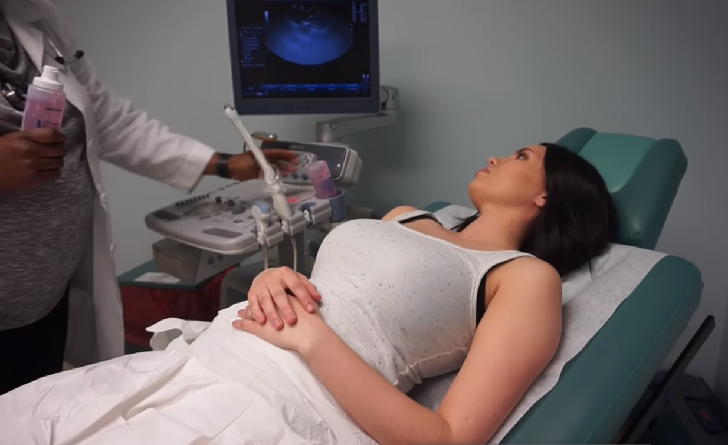Health assessments play an important role in population health, both in screening for risk and providing an opportunity for early intervention.
A generation ago, people used to see their doctor only when they were sick, or dying. Today, preventative health care is becoming commonplace as people become more educated and empowered about their own health. People are preemptively seeking medical advice on how to live a healthy lifestyle. They are looking to lower their risk of various conditions or diseases by maintaining a healthy diet, weight, and level of physical activity.
Doctors are also requesting that patients get regular check-ups to help stay on top of their health. They are highlighting the importance of prevention, as a means to reduce the number of patients requiring medical treatment or surgery.
Regular check-ups can help find potential health issues before they become a problem. When you see your doctor regularly, they are able to detect health conditions or diseases early. Early detection gives you the best chance for getting the right treatment quickly, avoiding any complications. By getting the correct health services, screenings, and treatment you are taking important steps toward living a longer, healthier life.
The benefits of regular check-ups include:

A generation ago, people used to see their doctor only when they were sick, or dying. Today, preventative health care is becoming commonplace as people become more educated and empowered about their own health. People are preemptively seeking medical advice on how to live a healthy lifestyle. They are looking to lower their risk of various conditions or diseases by maintaining a healthy diet, weight, and level of physical activity.
Doctors are also requesting that patients get regular check-ups to help stay on top of their health. They are highlighting the importance of prevention, as a means to reduce the number of patients requiring medical treatment or surgery.
Regular check-ups can help find potential health issues before they become a problem. When you see your doctor regularly, they are able to detect health conditions or diseases early. Early detection gives you the best chance for getting the right treatment quickly, avoiding any complications. By getting the correct health services, screenings, and treatment you are taking important steps toward living a longer, healthier life.
The benefits of regular check-ups include:
- Reduce your risk of getting sick
- Detect potentially life-threatening health conditions or diseases early
- Increase chances for treatment and cure
- Limit the risk of complications by closely monitoring existing conditions
- Increase lifespan and improve health
- Reduce healthcare costs over time by avoiding costly medical services
- Form a good partnership with the doctor so treatment can be more efficient
- Get updated on new medical information or technologies that are available

Doctor visits and tests
| ASSESSMENTS, SCREENINGS, AND COUNSELING | RECOMMENDATION |
|---|---|
| BRCA risk assessment and genetic counseling/testing | Risk assessments for women with a family history of breast, ovarian, tubal, or peritoneal cancer. Women who test positive should receive genetic counseling and if indicated after counseling, BRCA testing. BRCA testing is covered once per lifetime. |
| Breast cancer counseling | At your doctor’s discretion for women at high risk of breast cancer who may benefit from chemoprevention |
| Breast cancer screening (mammogram) | Once every 2 years for women ages 50 - 74. Begin at age 30 for those at high risk or at your doctor’s discretion. |
| Contraceptive counseling and contraception methods3 | FDA-approved contraceptive methods, sterilization procedures, education, and counseling. (See page 10 for a list of contraceptives.) |
| Domestic violence and intimate partner violence screening and counseling | Annually |
| HIV counseling and screening | Adults up to age 65. Screen older adults if at high risk. |
| Osteoporosis screening | Women 65 and older. Younger women who are at high risk. |
| Pap and HPV test (cervical cancer screening) | Pap test once every 3 years for women 21 - 61 years old or a Pap test with an HPV test every 5 years for women ages 30 - 65. |
| Sexually transmitted infection (STI) prevention counseling and screening | Annual screening and counseling for chlamydia, gonorrhea, and syphilis for women who are at high risk. |
| Well-woman visits ( physical exams ) | 1 visit every 1 - 3 years |
| Folic acid supplements | Women of childbearing age: 0.4 to 0.8 mg at your doctor’s discretion |
| Breast cancer prevention medication | Risk-reducing medications for women 35 and older with an increased risk of breast cancer who have never been diagnosed with breast cancer |
Add a Comment *
Name
Email *